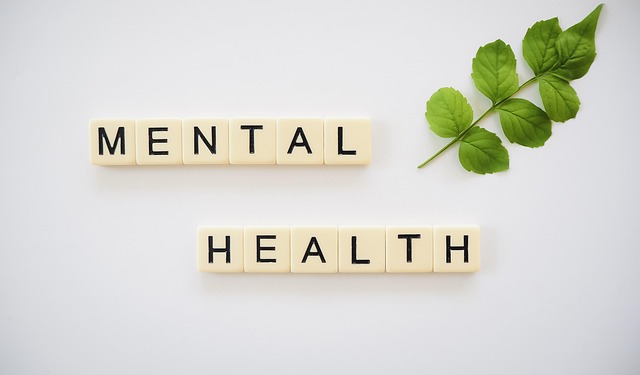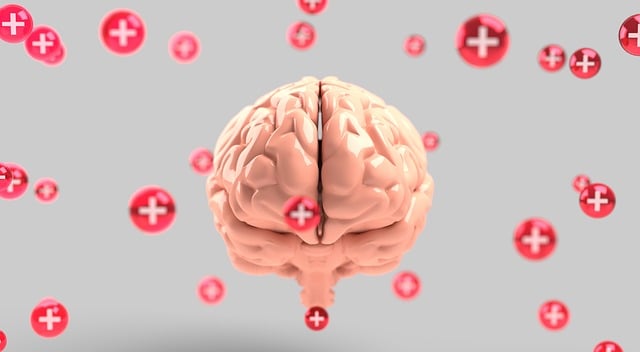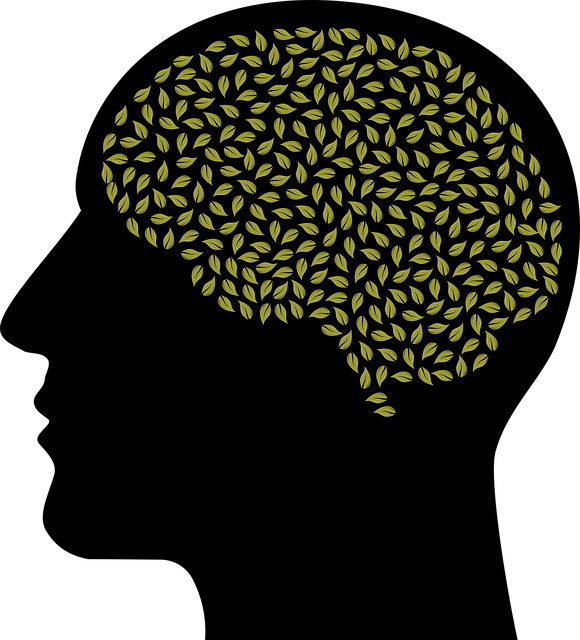Aurora Learning Disability Therapy tackles substance abuse through multi-faceted, evidence-based strategies targeting root causes. By recognizing risk factors early, promoting open communication, teaching coping mechanisms like mindfulness, and providing tailored support for learning disabilities, they empower individuals to build resilience against substance abuse. Their innovative approach combines group therapy, one-on-one counseling, and creative techniques for holistic well-being, guiding clients towards lasting recovery with specialized care.
In a world where substance abuse poses significant risks, understanding and implementing effective strategies for risk reduction is paramount. This comprehensive guide explores various facets of this pressing issue, offering insights into the understanding, prevention, and recovery aspects of substance abuse. We delve into identifying risk factors and early signs, highlighting the importance of proactive intervention. Additionally, we introduce Aurora Learning Disability Therapy as a supportive approach to facilitate recovery, emphasizing its unique role in addressing underlying issues.
- Understanding Substance Abuse and Its Risks
- Identifying Risk Factors and Early Signs
- Strategies for Effective Prevention and Intervention
- Supportive Therapy and Recovery Approaches with Aurora Learning Disability Therapy
Understanding Substance Abuse and Its Risks

Substance abuse is a complex issue that involves the misuse of drugs or alcohol, often leading to severe physical and psychological consequences. It’s important to understand that this isn’t just a personal choice; underlying factors such as stress management, trauma support services, and conflict resolution techniques can significantly influence an individual’s relationship with substances. Aurora Learning Disability Therapy recognizes these challenges and offers specialized support for those struggling with addiction.
By addressing the root causes, individuals can better navigate their mental health journeys. Effective strategies include learning healthy coping mechanisms to manage stress, processing and resolving traumatic experiences through therapy, and developing conflict resolution techniques that foster healthier relationships and decision-making processes. These proactive measures are crucial steps towards minimizing risks associated with substance abuse.
Identifying Risk Factors and Early Signs

Recognizing risk factors and early signs is a crucial step in substance abuse prevention, especially for individuals with learning disabilities, as supported by Aurora Learning Disability Therapy. Several indicators can signal an elevated risk, allowing for timely interventions. These include academic or work challenges not attributable to a learning disability, sudden changes in behavior or mood, and increased irritability or aggression. Family history plays a significant role; having relatives who struggle or have struggled with substance abuse can heighten an individual’s vulnerability.
Early intervention is key to mitigating these risks. Encouraging open communication about mental wellness through the Mental Wellness Podcast Series Production can equip individuals with knowledge about potential issues and coping mechanisms. Practices such as mindfulness meditation, often discussed in these podcasts, offer tools to enhance positive thinking and emotional regulation, potentially reducing the allure of substance abuse as a coping mechanism.
Strategies for Effective Prevention and Intervention

Preventing substance abuse is a multi-faceted approach that involves education, support, and empowering individuals to make healthy choices. At Aurora Learning Disability Therapy, we believe that early intervention and targeted strategies are key to reducing risks. One effective method is to foster positive thinking and self-esteem improvement, as these emotional healing processes can build resilience against external pressures to abuse substances.
By implementing evidence-based programs tailored to different age groups and communities, we can create an environment conducive to well-being. This includes group therapy sessions that promote peer support, encourage open communication, and teach healthy coping mechanisms. Additionally, one-on-one counseling can help individuals understand the root causes of their cravings and develop personal strategies for risk reduction, focusing on both physical and mental health.
Supportive Therapy and Recovery Approaches with Aurora Learning Disability Therapy

Supportive Therapy and Recovery Approaches with Aurora Learning Disability Therapy play a pivotal role in mitigating risks associated with substance abuse. This therapeutic model recognizes that every individual’s journey to recovery is unique, requiring tailored interventions. By focusing on empathy building strategies and communication techniques, therapists at Aurora create a safe space for clients to explore their struggles without judgment. The Cultural Sensitivity in Mental Healthcare Practice is a cornerstone of their approach, ensuring that the care provided respects and incorporates the client’s cultural background, enhancing the effectiveness of treatment.
Through innovative and compassionate methods, Aurora Learning Disability Therapy guides individuals through transformative processes. Their expert therapists employ evidence-based practices alongside creative techniques to address underlying issues contributing to substance abuse. By fostering open dialogue using advanced communication strategies, they empower clients with coping mechanisms and insights necessary for lasting recovery, ensuring a holistic and empowering path toward well-being.
Substance abuse poses significant risks, but with comprehensive strategies like those outlined in this article—including early identification of risk factors, effective prevention, and supportive therapy—it’s possible to mitigate these dangers. For individuals dealing with substance abuse or at-risk, Aurora Learning Disability Therapy offers specialized support, providing a crucial path toward recovery. By understanding both the risks and available resources, we can foster healthier communities and brighter futures.














